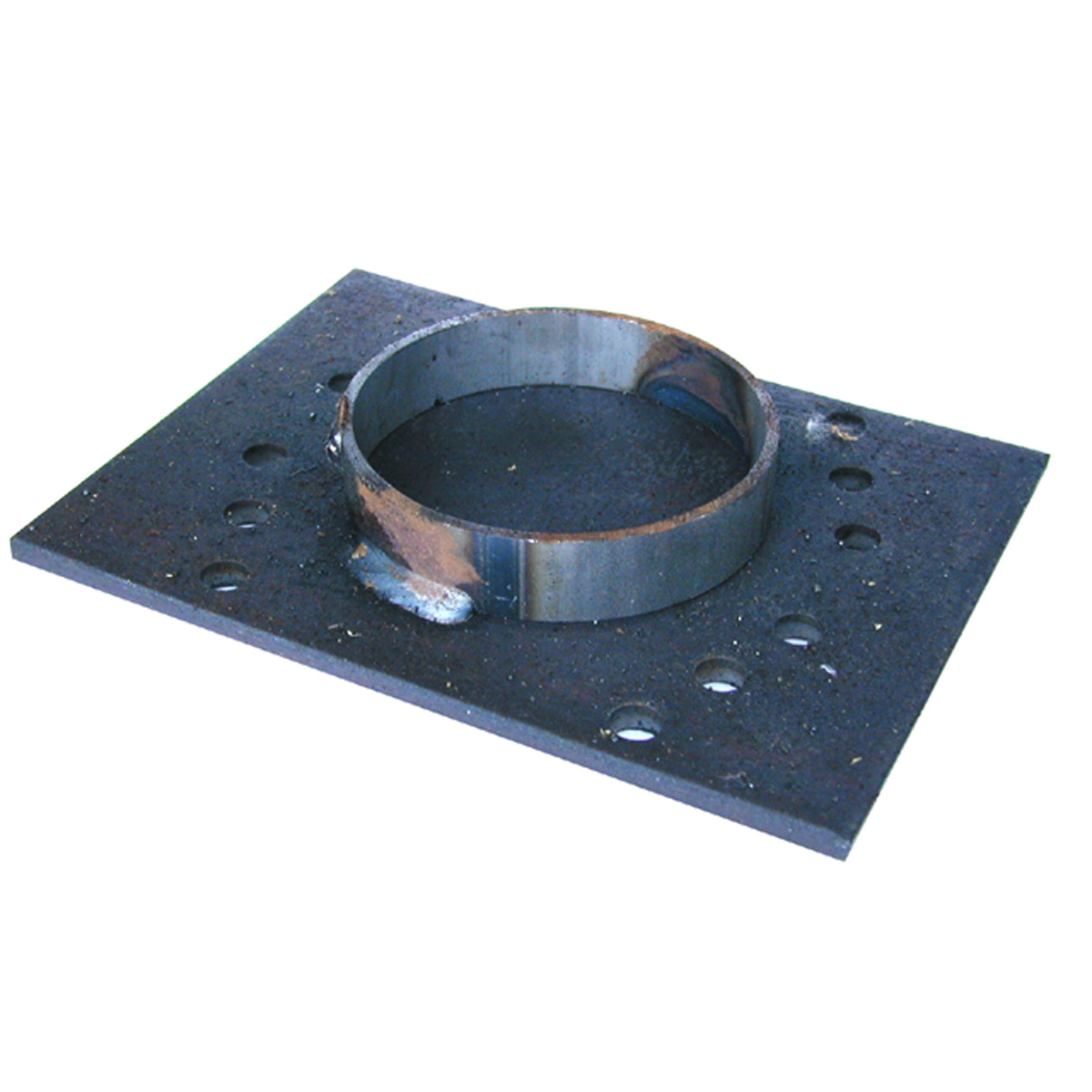Table of Content
The swift rise to power, from the young Taliban in 1996, was the result of the disorder and civil war that had warlords running wild because of the complete breakdown of law and order in Afghanistan after the departure of the Soviets. The US decided not to help with reconstruction of the country, instead handing the interests of the country over to US allies Saudi Arabia and Pakistan. Pakistan quickly took advantage of this opportunity and forged relations with warlords and later the Taliban, to secure trade interests and routes. The Geneva Accords of 1988, which ultimately led to the withdrawal of the Soviet forces in early 1989, left the Afghan government in ruins.

Michael Pillsbury, a Pentagon official, and Vincent Cannistraro pushed the CIA to supply the Stinger missile to the rebels. This was first supplied in 1986; Wilson's good contact with Zia was instrumental in the final go-ahead for the Stinger introduction. The CIA eventually supplied nearly 500 Stingers (some sources claim 1,500–2,000) to the Mujahideen in Afghanistan, and 250 launchers. The impact of the Stinger on the outcome of the war is contested, nevertheless some saw it more of a "force multiplier" and a morale booster. In the late 1970s, Pakistani intelligence officials began privately lobbying the U.S. and its allies to send material assistance to the Islamist insurgents.
War crimes
At the same time relations with the United States had cooled considerably that by 1980 Washington had begun to supply China with a variety of weapons. They even reached an agreement of two joint tracking and listening stations in Xinjiang. Brzezinski, known for his hardline policies on the Soviet Union, became convinced by mid-1979 that the Soviets were going to invade Afghanistan regardless of U.S. policy due to the Carter administration's failure to respond aggressively to Soviet activity in Africa. Despite the risk of unintended consequences, support for the Mujahideen could be an effective way to prevent Soviet aggression beyond Afghanistan (particularly in Brzezinski's native Poland). The Afghan mujahideen were backed primarily by the United States, Saudi Arabia, Pakistan and the United Kingdom making it a Cold War proxy war.

Scholars John Braithwaite and Ali Wardak accept this in their estimate of 1.2 million dead Afghans. However, Siddieq Noorzoy presents an even higher figure of 1.71 million deaths during the Soviet-Afghan war. Overall, between 6.5%–11.5% of Afghanistan's population is estimated to have perished in the war. Rocket attacks on Kabul's residential areas caused more than 4,000 civilian deaths in 1987 according to the UN's Ermacora.
Russian interest in Central Asia
The last aerial engagement took place on 3 November 1988, in which one Su-2M4K belonging to DRAAF was shot down by a Pakistani Air Force jet. The Soviets used large-scale offensives against Mujahideen strongholds, such as in the Panjshir Valley, which temporarily cleared those sectors and killed many civilians in addition to enemy combatants. The biggest shortcoming here was the fact that once the Soviets did engage the enemy in force, they failed to hold the ground, by withdrawing once their operation was completed. The killing of civilians further alienated the population from the Soviets, with bad long-term effects. Operation Magistral was one of the final offensive operations undertaken by the Soviets, a successful sweep operation that cleared the road between Gardez and Khost.

The following table shows available inscriptions mentioning the rulers of Eranad.InscriptionYearNotesCochin Jewish copper plate of Kodungallur Chera king Bhaskara Ravi (c. 962–1021)c. Rabban was also exempted from all payments made by other settlers in the town to the king, and in-turn, all the rights of other settlers in the town were extended to him. The document was attested by the chief feudatories of the Chera king – Govardhana Marthanda , Kotha Chirikanthan , Manavepala Mana Viyatan , Rayiran Chathan , Kotha Ravi (Netumpurayur-nadu) – and Murkan Chathan the commander of the eastern forces. Historical records regarding the origin of the Zamorin of Calicut are obscure.
Soviet personnel strengths and casualties
Hyder Ali then surprised Company authorities by taking a picked force of 6,000 cavalry and a small number of infantry, and made in three days a forced march of 130 miles to the gates of Madras. During Hyder Ali's absence from the Carnatic, the British recovered many places that Hyder Ali had taken and only weakly garrisoned, and advanced as far south as Dindigul. They also convinced the Marathas to enter the conflict, and a large force of theirs, under the command of Morari Rao, joined with Colonel Smith at Ooscota in early August 1768. This army then began preparations to besiege Bangalore, but Hyder Ali returned to Bangalore from Malabar on 9 August, in time to harass the allies before the siege could begin. On 22 August, Hyder Ali and his Mysore forces attacked the Maratha camp during the Battle of Ooscota, but was repulsed when faced with the large Maratha reinforcements. Hyder Ali was then foiled in an attempt to prevent the arrival of a second British column at the allied camp; the strength of these combined forces convinced him to retreat from Bangalore toward Gurramkonda, where he was reinforced by his brother in law.

In 2001, the Party of Communists of the Republic of Moldova, which came to power, radically changed the position of all veterans in the country. 15 February is celebrated as the Day of Commemoration of those killed in the War in Afghanistan. The main ceremony is held at the memorial "Sons of the Motherland – Eternal Memory". The Soviet invasion is considered by many Belarusians as a shameful act, and some veterans have refused to accept medals.
Hyder Ali
Pakistani President Muhammad Zia-ul-Haq's ties with the U.S. had been strained during Jimmy Carter's presidency due to Pakistan's nuclear program. Carter told National Security Adviser Zbigniew Brzezinski and Secretary of State Cyrus Vance as early as January 1979 that it was vital to "repair our relationships with Pakistan" in light of the unrest in Iran. All of this had a heavy impact on Pakistan and its effects continue to this day. Pakistan, through its support for the Mujahideen, played a significant role in the eventual withdrawal of Soviet military personnel from Afghanistan. The Pakistan Navy were involved in the covert war coordinating foreign weapons being funnelled into Afghanistan.
This leads to a general battle, and the Kochi chief suffers a defeat.1521Kochi Nairs, assisted by some men sent by Governor Sequeiro, invade Chetwai. But the Kochi chief is soon outnumbered, and is pursued right up to his capital.1523The Muslims, under the leadership of Kutti Ali, capture ten Portuguese vessels, and raid Kochi and Kodungallur harbours. In 1524 he bombards Fort Calicut.1524Duarte de Menezes comes to Fort Calicut. The Zamorin is dead and his successor (1522–1531) does not favour the Portuguese alliance. Kutti Ali anchors his fleet of 200 vessels at Calicut, to load eight ships with spices, and to dispatch them with a convoy of 40 vessels to the Red Sea before the very eyes of the Portuguese.1524The King of Portugal sends Vasco Da Gama again to India. His mission is to reform the abuses which had crept into the administration in India.
His place is taken up by Marakkar II. Kutti Pokker Ali, son of Kutti Ali, can be identified as the second Marakkar. September 1500Pedro Alvares Cabral reaches Calicut, rich presents were exchanged, and a treaty of friendship, "as long as the sun and moon should endure", was entered upon. The Zamorin was pleased with return of the Mukkuvas whom da Gama had taken to Portugal. Cabral manages to obtain the permission to construct a trading post in Calicut.

The Soviets established a special commission on Afghanistan, comprising the KGB chairman Yuri Andropov, Boris Ponomarev from the Central Committee and Dmitry Ustinov, the Minister of Defence. In late April 1979, the committee reported that Amin was purging his opponents, including Soviet loyalists, that his loyalty to Moscow was in question and that he was seeking diplomatic links with Pakistan and possibly the People's Republic of China . Of specific concern were Amin's secret meetings with the U.S. chargé d'affaires, J. Bruce Amstutz, which, while never amounting to any agreement between Amin and the United States, sowed suspicion in the Kremlin. In May 1979, U.S. officials secretly began meeting with rebel leaders through Pakistani government contacts. Following Amanullah Khan's ascent to the throne in 1919 and the subsequent Third Anglo-Afghan War, the British conceded Afghanistan's full independence.



































